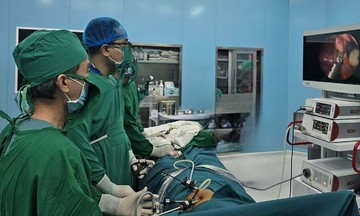Answer:
Many people struggle to lose weight despite reducing their food intake or even fasting. The difference lies in various factors such as genetics, body type, lifestyle, physical activity levels, and eating habits.
Physical activity levels vary from person to person. If you eat less but don't exercise or are less active, your body won't burn as many calories as someone who exercises regularly. Therefore, a less active person needs fewer calories to maintain their weight.
Initially, reducing calorie intake might seem easy. However, after about 6-8 weeks, the body recognizes the reduced calorie supply and adjusts its metabolism, slowing it down. This makes it harder to burn energy and fat. So, even with calorie restriction, a low basal metabolic rate, combined with a sedentary lifestyle and low muscle mass, makes weight loss challenging.
Eating habits also play a significant role. If you eat less but your nutrient intake is unbalanced—for example, consuming more fatty and sugary foods while lacking essential nutrients—you'll constantly feel hungry and crave food. The consumed but unnecessary nutrients will be stored as fat, while the body's actual needs remain unmet, leading to weight gain in the long run.
Instead of eating less, focus on eating right by limiting your eating window to 8-12 hours, having breakfast between 7-9 am, and finishing dinner before 8 pm. Eat slowly, chew thoroughly, prolonging meal times to over 25 minutes. Ensure a balanced intake of the 4 food groups: carbs, protein, fat, vitamins, and minerals. Aim for 80% fullness.
Your basal metabolic rate (BMR) is the number of calories your body burns to maintain basic functions like breathing, circulation, and digestion. A faster BMR means burning more calories and easier weight loss. Conversely, a slower BMR leads to less calorie burning and easier weight gain. Weight gain occurs when calorie intake exceeds calorie expenditure. So, if you're eating less but still gaining weight, it means you're still consuming more calories than your body needs. If you feel you're eating less but still not losing weight, consult a doctor or nutritionist.
Associate Professor Nguyen Anh Tuan
Deputy Director of the Digestive Surgery Institute, 108 Military Central Hospital












